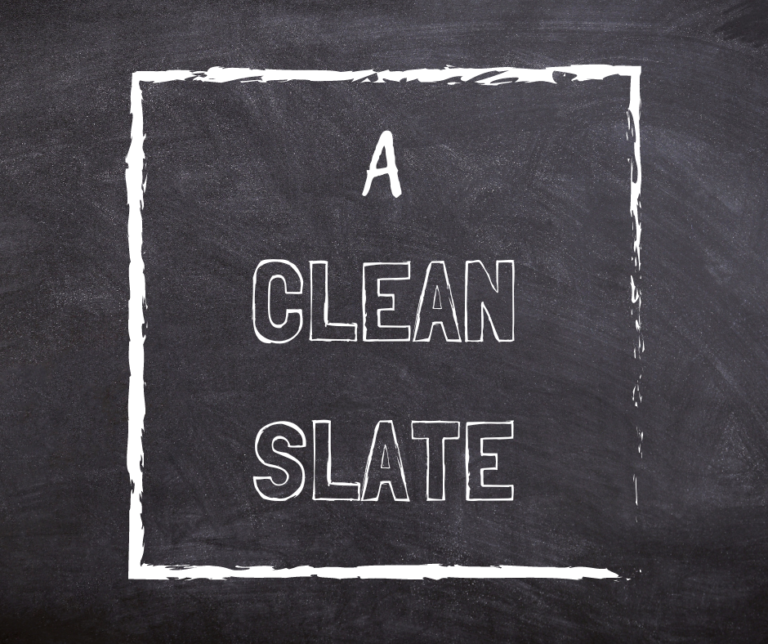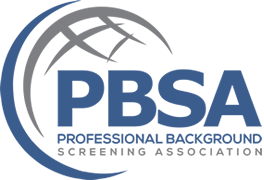With more states on the verge of passing laws to legalize or decriminalize marijuana, conflict and confusion has arisen, in terms of its legalities in the workplace between federal and state law. Especially amongst many U.S. employers, who are wondering if pro-marijuana laws will affect their right to utilize drug screenings on job applicants and employees, or if an employee’s off-time and their right to marijuana usage can determine how drug testing will be further conducted. To help clear things up, here’s a closer look at the current laws and marijuana regulations that affect employers from a state and federal level.
On a state level, marijuana in the workplace is expressed in 3 ways:
(1) Some states have laws that prevent employers from discriminating against employees who use marijuana for medicinal purposes, in the event that they’re in compliance with state laws.
(2) Other states grant employers total control to practice and implement drug-free workplace policies, as long as their practices aren’t discriminatory.
(3) There’s also states that don’t have any laws in place for employment policies concerning drug-free environments in the workplace.
Policy Leeway Despite Pro Legalization
In spite of various laws throughout each state being for or against marijuana legalization, most employers, regardless the state they conduct business in, maintain a standard drug-free policy that protects them against legal prescription drugs being used in the workplace that could impair an employee’s ability to safely and effectively perform their duties. Even with more marijuana legalization laws becoming increasingly progressive, employers have not lost their rights to continue maintaining their drug free policies. For a better understanding, here are a few more examples:
Under state law, employers are allowed to maintain their drug free policies and further implement them in a non-discriminatory manner.
Employers are not required to allow marijuana to be partaken in the workplace nor allow employees to be under the influence of marijuana while at the workplace.
Even if an employer is in a state where laws favor marijuana legalization, federal law is nationwide and still protects employers’ rights to practice within a drug free environment.
Federal, The Law of The Land
Currently, federal laws still protect employers country wide, as marijuana is still classified as a Schedule I drug under the Controlled Substances Act. Also keep in mind that: (1) Certain regulatory bodies such as the Department of Transportation administer that employers be tested for marijuana, a regulation that presides over state laws, and (2) because marijuana is still deemed illegal federally, laws such as The Americans with Disabilities Act do not require employers to allow illegal drug usage for their employees.
Stay Informed on Changing Laws
Although there are high standing laws that protect employers to maintain drug free policies, moving forward, employers must stay educated and updated on current state and federal laws, and be ready for flexibility in their policies. This can done by creating more definitive terms and guidelines such as clarifications with the terms “marijuana”, “cannabis”, “medical marijuana” and “recreational use”; also expanding policies that could possibly differentiate between marijuana and other drugs, providing disclosure and protection for employees, while allowing the core principles of employers’ policies to remain intact.
Not only must employers stay informed, they must also stay educated on marijuana and its many utilizations that can manifest itself onto the workplace. Employers should work closely with their HR lawyers and advanced drug screening companies, so that they can properly address how to manage and proceed with hiring practices and policies that best suit their company going into the future.




